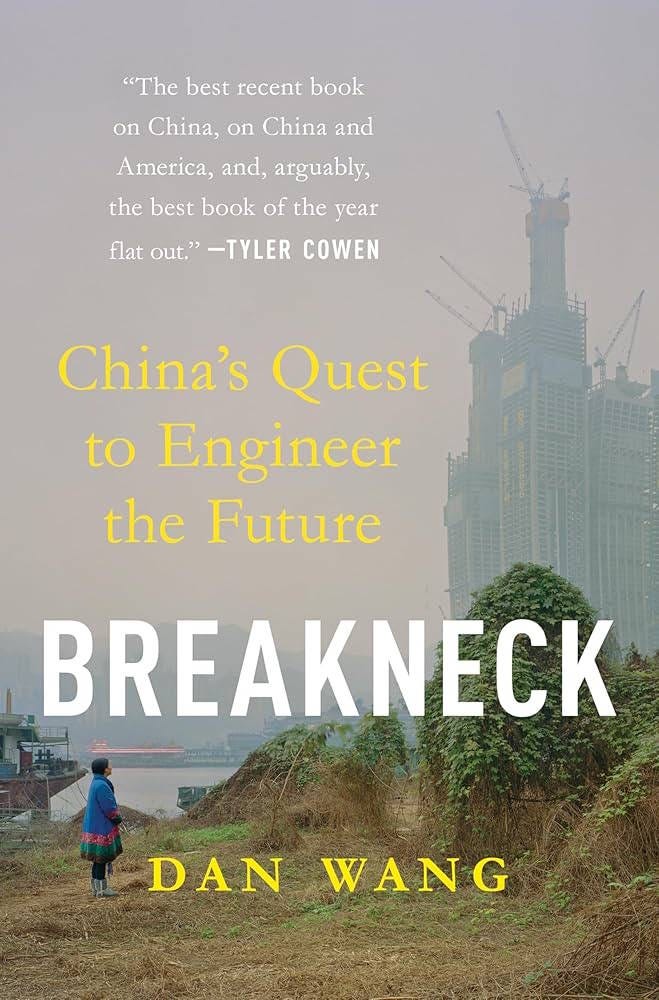
1401. AI and Nvidia have been bright spots in an uncertain economy, but there are doubts now
Maria Aspan discusses Nvidia's strong financial results amid economic uncertainty and the mixed investor reaction to its stock performance.
your daily dose of economic commentary

Maria Aspan discusses Nvidia's strong financial results amid economic uncertainty and the mixed investor reaction to its stock performance.

An argument that addresses the dilemma of whether to buy birthday gifts for numerous nieces and nephews, considering financial implications and personal values.
Tyler Cowen discusses various notions of freedom with philosopher Rebecca Lowe, focusing on positive and negative freedom and their implications for political systems.

Paul Krugman discusses a court ruling declaring Trump's tariffs illegal due to improper procedures, highlighting the implications for his economic claims and governance style.

Timothy Taylor discusses the structure and size of global capital markets, focusing on the dominance of US markets and the differences in financing methods worldwide.

Scott Horsley discusses a U.S. court ruling that most of President Trump's tariffs are illegal and the potential for an appeal to the Supreme Court.

Jon Murphy discusses the implications of job report revisions and the importance of improving data quality in economic statistics.
Alex Tabarrok discusses how zoning laws and regulations have made shared housing illegal, limiting affordable options for low-income individuals and contributing to homelessness.

Noah Smith discusses Dan Wang's book, highlighting the differences between the U.S. and China in governance, culture, and industrial capabilities, emphasizing the roles of lawyers and engineers.

Paul Krugman discusses the decline of U.S. global influence and the impact of Trump's policies on America's alliances and economic power.

Bill McBride discusses the decline in year-over-year shelter measures in the CPI and PCE reports for July 2025.

Bill McBride discusses the increase in personal income and spending in July 2025, along with related economic indicators and inflation rates.

David Folkenflik reports on a federal judge's ruling preventing Kari Lake from firing the Voice of America director.

Pierre Lemieux discusses how fiscal dominance can lead to financial repression through inflation, impacting government expenditures and central bank independence.

Bobby Allyn discusses how states are enacting laws to regulate facial recognition technology in the absence of federal legislation.

An argument that house prices, adjusted for inflation, remain slightly below their 2022 peak, with insights on price-to-rent ratios and historical trends.

A governor sues the president over her dismissal, claiming it stems from unfounded allegations related to mortgage fraud before her confirmation.

The post examines the surprising calm in financial markets despite threats to the Federal Reserve's independence and discusses market behavior in response to economic policy changes.

The end of the de minimis rule will complicate the import of inexpensive goods for U.S. consumers, impacting millions of packages daily.

John Ruwitch discusses how "slop" videos created with generative AI attract significant views and revenue despite criticism for their quality.